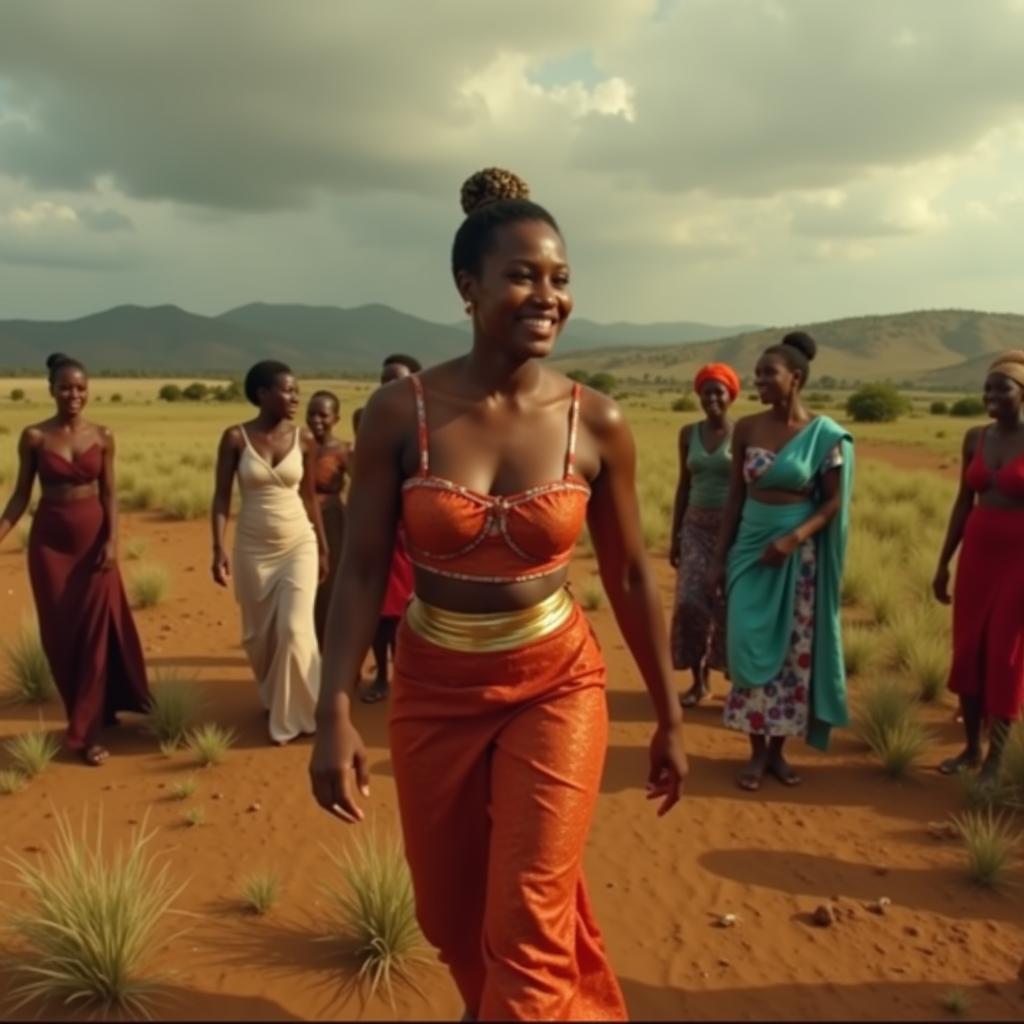Exploring the World of African Authors: A Journey Through Literature
African Authors are making a significant mark on the global literary landscape, sharing stories that illuminate the diverse experiences, cultures, and struggles of the continent. From gripping novels to powerful poetry, their work offers a unique and impactful window into the African experience.
A Rich Tapestry of Voices
The beauty of African literature lies in its sheer diversity. Authors from across the continent are writing in various languages, reflecting the rich linguistic heritage of the region. Whether you’re drawn to the vibrant prose of Chinua Achebe, the lyrical poetry of Wole Soyinka, or the introspective reflections of Ngugi wa Thiong’o, there’s a story waiting to captivate you.
The Power of Storytelling
African authors often use their narratives to explore themes of colonialism, identity, social justice, and the impact of globalization on their communities. Their work is not only entertaining but also thought-provoking, challenging readers to confront complex issues and re-examine their own perspectives.
“Literature is a powerful tool for social change, a way to amplify the voices of the marginalized and bring about a more just and equitable world.” – Dr. Amina A. Juma, Professor of Literature, University of Dar es Salaam
Beyond the Narrative: Exploring African Literature
Key Themes and Genres
African literature encompasses a wide range of genres, from historical fiction and magical realism to contemporary dramas and science fiction. Some recurring themes include:
- Postcolonialism: Exploring the legacy of colonialism and its impact on African societies.
- Identity: Examining the complexities of individual and collective identity within a diverse and rapidly changing world.
- Social Justice: Highlighting issues of poverty, inequality, and oppression, and advocating for change.
- The African Experience: Capturing the unique cultural nuances, landscapes, and traditions of various African communities.
Literary Movements and Influences
Throughout history, African literature has been shaped by various movements and influences, such as:
- Negritude: A literary and philosophical movement emphasizing black identity and cultural pride.
- The African Renaissance: A contemporary movement promoting the cultural, economic, and political renewal of Africa.
- Oral Traditions: The rich oral traditions of storytelling and folklore that continue to inspire modern-day writers.
Discovering New Voices
The contemporary African literary scene is thriving, with a new generation of authors emerging and captivating audiences worldwide. These writers are exploring new themes and genres, pushing the boundaries of African storytelling and enriching the global literary landscape.
Beyond the Classics: Exploring Contemporary African Literature
Don’t limit yourself to the well-known classics. There’s a wealth of contemporary African literature waiting to be discovered. Look for authors who are exploring diverse themes and genres, offering fresh perspectives on the African experience.
“Today, we see a vibrant resurgence of African literature, with writers boldly exploring new territories and challenging the status quo.” – Dr. Ben K. Ofori, Literary Critic, University of Ghana
A Journey of Discovery
Exploring the world of African authors is a journey of discovery, a chance to expand your horizons, challenge your perspectives, and connect with stories that will stay with you long after you’ve finished reading. Whether you’re a seasoned reader or just starting to delve into the world of African literature, there’s something for everyone to enjoy.
Remember:
- Seek out a variety of authors and genres to discover the full spectrum of African literature.
- Explore literary movements and influences to understand the historical context and evolution of African writing.
- Support African authors and publishers by purchasing their books and attending literary events.
FAQ
1. What are some of the most popular African authors?
Some notable African authors include Chinua Achebe, Ngugi wa Thiong’o, Wole Soyinka, Chimamanda Ngozi Adichie, Ben Okri, and Aminatta Forna.
2. Where can I find African literature?
You can find African literature at bookstores, online retailers, libraries, and even at literary festivals.
3. What are some good resources for discovering new African authors?
Check out literary magazines, online book reviews, and websites dedicated to promoting African literature.
4. What are some ways to support African authors?
Purchase their books, attend readings and book signings, recommend their work to others, and consider donating to organizations promoting African literature.
5. How has African literature evolved over time?
African literature has evolved alongside the continent’s history and social changes, reflecting various influences, from colonialism to independence movements to contemporary issues.
6. What are some key takeaways from exploring African literature?
African literature offers a unique and valuable perspective on the human condition, highlighting the complexities of identity, culture, and social justice in a globalized world. It reminds us of the power of storytelling to connect us across continents and inspire empathy, understanding, and change.
7. How can I further explore the world of African literature?
Attend literary events, join book clubs focused on African literature, or subscribe to newsletters from organizations promoting African authors and publications.


